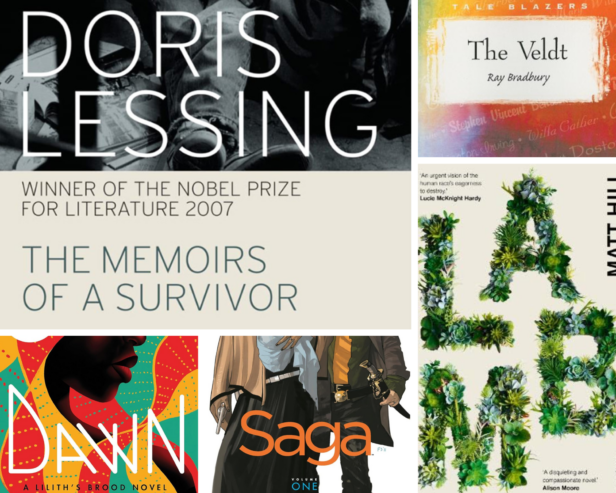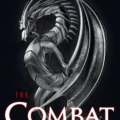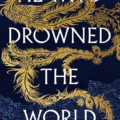Families. You can’t live with them, and you can’t find some devious future way to escape them, destroy them, or shape them to your own evil ends. But wait! Maybe you can: if only in some of the great worlds of science fiction. Some of the most famous fictional parents come from distant planets or far future times, and many of them are dear to me from formative film experiences, starting with Darth Vader and Ellen Ripley. (We can’t choose our science-fictional parents.)
Having said that, science fiction also gives us the chance to look at generational conflict from fresh perspectives, heading deep into traumas that last lifetimes and are carried from parent to child to grandchild, and beyond. These stories can make us reassess the way we feel about our own relationships, and are powerful, moving, and sometimes frightening.
This is a list of five stories I really love that look at the issue of trying to get along with (or possibly get rid of) your family from a science fictional point of view:
The Veldt by Ray Bradbury
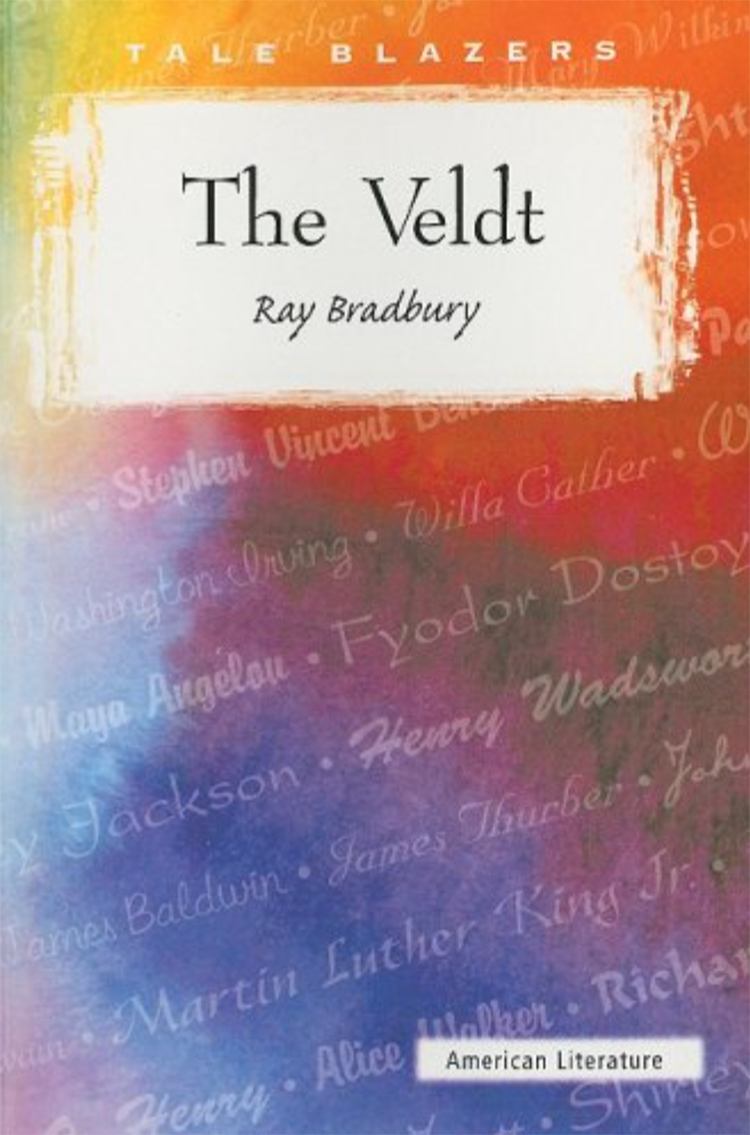
I first read The Illustrated Man (the collection in which this story can be found) at a young age, and I was petrified. It still feels like a work of horror to me, and many of the stories touch on what scant comfort personal relationships can be in the face of fast-changing societies. The Veldt is the first story in the collection, and it features two children who really don’t like being told to put their tech gadgets down.
Saga by Brian K Vaughan and Fiona Staples
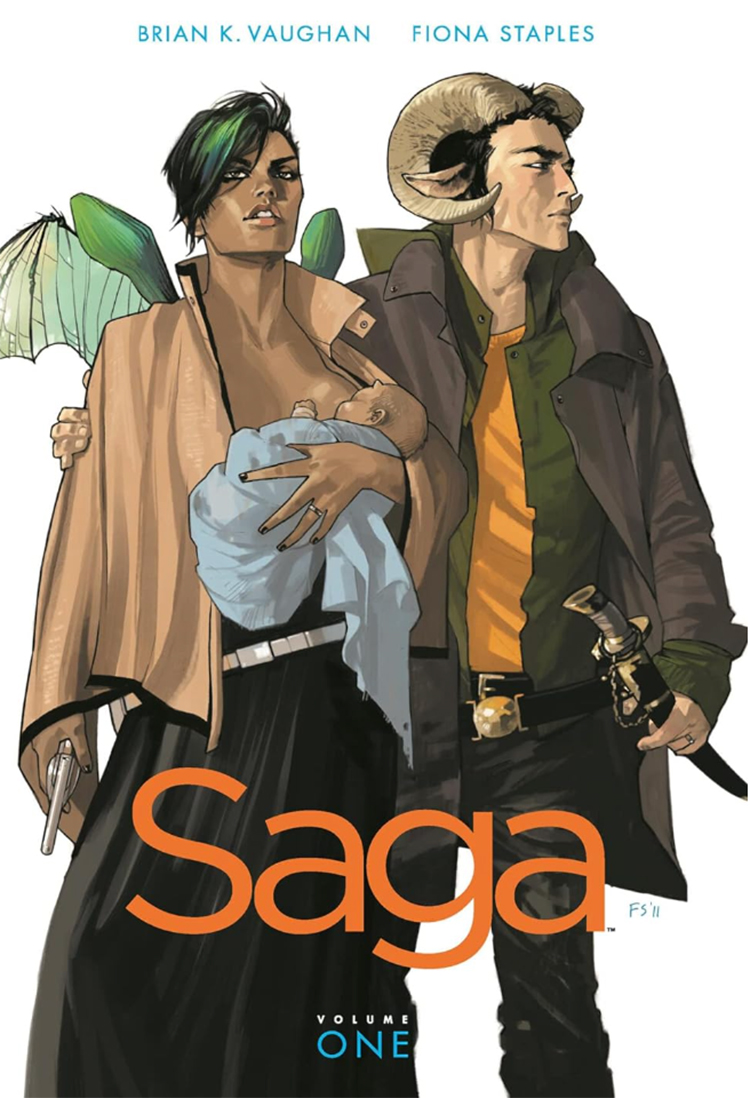
Saga is just so good, so well scripted and illustrated, so alive, so full of ideas and characters and interactions, and it centres on two people on either side of a war who have had a child together. That child will be hunted across planets, but it’s a really big universe – can the parents find a safe place somewhere? More than that, with constant cosmic dread hanging over their heads, can they ever manage to be good parents?
The Memoirs of a Survivor by Doris Lessing
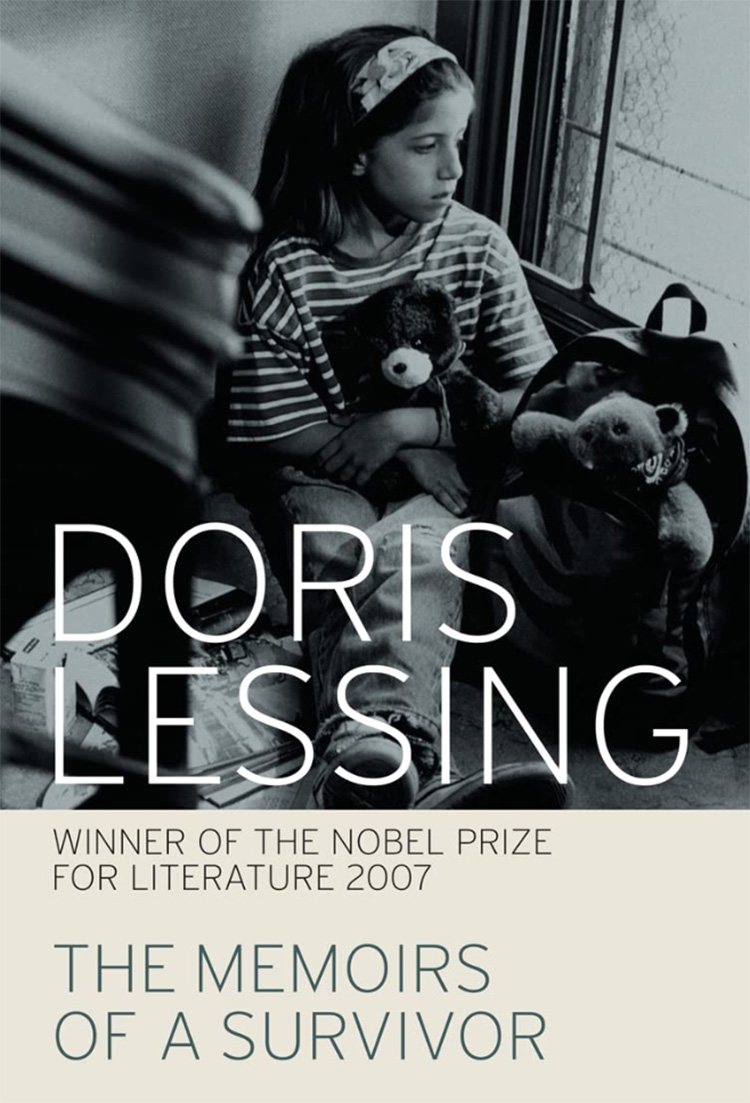
There are many apocalyptic stories that make a sudden, life-changing event the centre of the action, and we see the clear line between before and after behaviours. The Memoirs of a Survivor has a different approach. A society is undoubtedly slipping into disaster, but here it’s happening one piece at a time after some kind of crisis that never gets explained. Government systems don’t really function. An ambulance probably won’t come if you call. The police stop turning up, and the streets have started to fill with rubbish, and nobody is quite sure how much longer there will still be food in the shops and water in the taps.
The narrator takes in a teenage girl who has been living rough, and together they try to make a life, but the city is getting more violent every day and the girl is drawn to the different, brutal kind of society that is evolving. Can the narrator pass on what she’s learned about life, and how people should live together, before its too late?
The Xenogenesis Trilogy by Octavia Butler
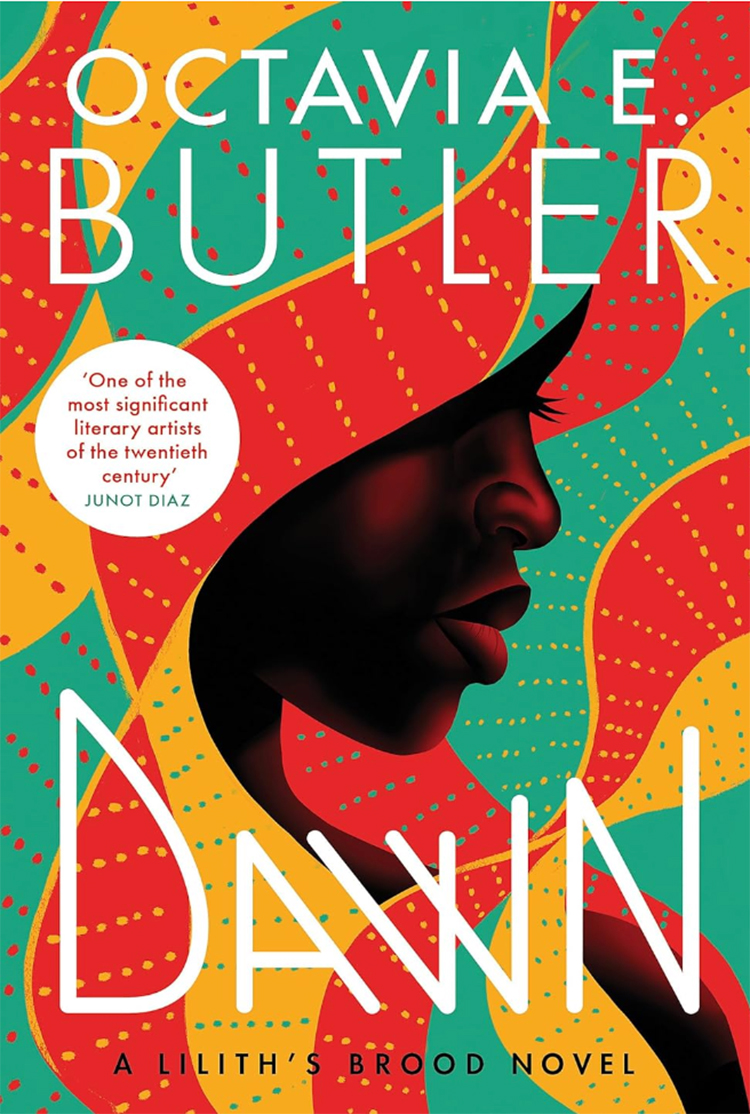
I’m a bit embarrassed by how often I recommend this, but it had such a profound effect on me as a young writer that I can’t really talk about generations without mentioning it. For me, Butler captures generational give and take in a profoundly important way. She utilizes science fictional ideas to get to the heart of the transactional nature of being part of humanity. The three books in this trilogy look at the long-term impact of a decision made by the main character at the beginning of the first book. She enters into an agreement, under duress, to bond with an alien in ways that are challenging to both her and the reader. How this affects her children and grandchildren – and all the human race – makes for a wonderful, deeply thought-provoking read.
Lamb by Matt Hill

This novel was published a few months ago and it’s all about how parenthood changes you. The main character, Boyd, is a young man who lives with his mother in the north of England, sharing a damp, mould-coated house. It’s a great depiction of a landscape that feels like its seeping into your bones, and it can’t be escaped. But Boyd will try, and along the way he’ll re-examine his relationship with his changing mother, and with a newcomer: a baby that he calls Lamb. The changing understanding of what it means to be influenced by the past and invested in the future is so well written here. The whole novel feels poised on the cusp of change – and isn’t that what every generation experiences, as they grow into adulthood?
Families. Yes, they’re hard work and it can feel like they’re aiming to either save us or damn us, Ripley or Darth Vader-style. But these five stories explore aspects of those relationships that can be difficult to talk about, and live through, and that’s why they mean so much to me. I hope they will continue to bring enjoyment to the generations that come afterwards, too.
Three Eight One by Aliya Whiteley is out now
